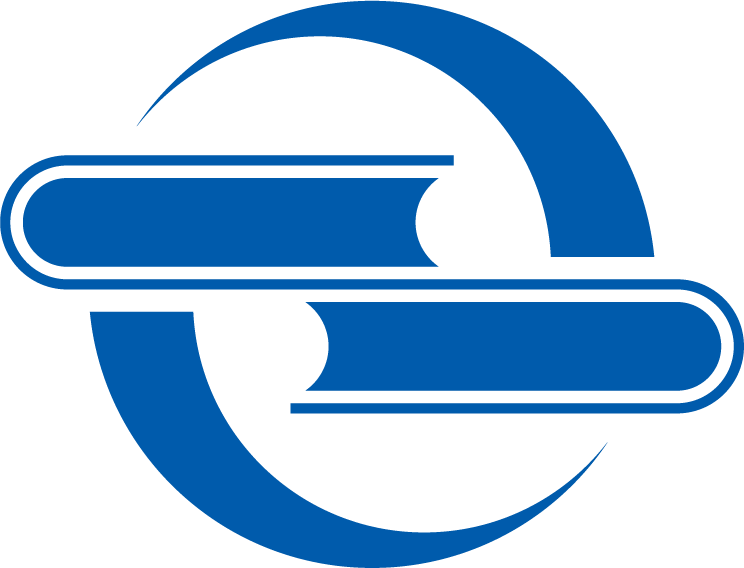
Bioremediation and Phytoremediation Technologies in Sustainable Soil Management: Volume 2: Microbial Approaches and Recent Trends
可持续土壤管理中的生物修复和植物修复技术:第2卷:微生物方法和新趋势
This 4-volume set focuses on the use of microbial bioremediation and phytoremediation to clean up pollutants in soil, such as pesticides, petroleum hydrocarbons, metals, and chlorinated solvents, which reduce the soil's fertility and renders it unfit for plant growth.
Volume 2: Microbial Approaches and Recent Trends focuses on new and emerging techniques and approaches to address soil pollution. These include the use of rhizobacteria, archaea, cyanobacteria, and microalgae as biofertilizers and for soil bioremediation efforts. New technologies for assessment of soil bioremediation are explored also. The chapters provide in-depth coverage of the mechanisms, advantages, and disadvantages of the technologies used and highlight the use of different microbial enzymes that are used in the process of bioremediation and phytoremediation to clean up different pollutants without causing damage to the natural environment.
Other volumes in the 4-volume set:
- Volume 1: Fundamental Aspects and Contaminated Sites
- Volume 3: Inventive Techniques, Research Methods, and Case Studies
- Volume 4: Degradation of Pesticides and Polychlorinated Biphenyls
Together, these four volumes provide in-depth coverage of the mechanisms, advantages, and disadvantages of the bioremediation and phytoremediation technologies for safe and sustainable soil management. The diverse topics help to arm biologists, agricultural engineers, environmental and soil scientists and chemists with the information and tools they need to address soil toxins that are a dangerous risk to plants, wildlife, humans and, of course, the soil itself.
<p><strong>Junaid Ahmad Malik, PhD</strong>, is a Lecturer with the Department of Zoology at Government Degree College, Bijbehara, Kashmir (J&K), India. He has published research articles and technical papers in international journals and has authored and edited books, book chapters, and popular editorial articles. He also serves as an editor and reviewer for several journals.</p><p><strong>Megh R. Goyal, PhD, PE</strong>, is a prolific author and editor. He is a retired professor from the College of Engineering at the University of Puerto Rico. A former soil conservation inspector, Dr. Goyal was proclaimed as the "Father of Irrigation Engineering in Puerto Rico for the twentieth century" by the ASABE, Puerto Rico Section, for his pioneering work on micro irrigation, evapotranspiration, agroclimatology, and soil and water engineering.</p>